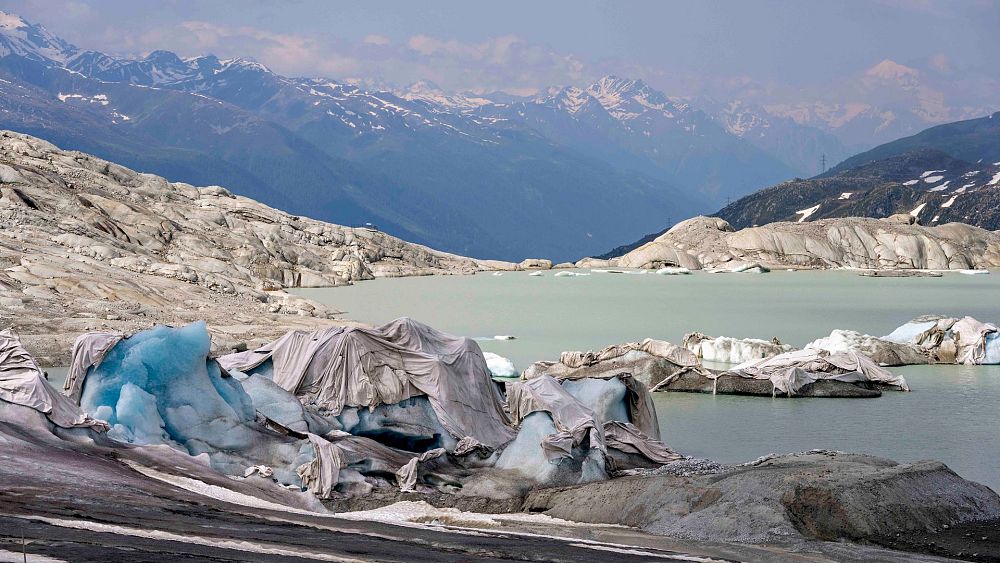- cross-posted to:
- [email protected]
- [email protected]
- cross-posted to:
- [email protected]
- [email protected]
There is a discussion on Hacker News, but feel free to comment here as well.
This is the best summary I could come up with:
A severe lack of winter rain in the Alps combined with very warm temperatures contributed to record-low snowfall and the massive loss of ice, according to the report.
In early February, snowfall measurements at 1,000 metres above sea level rose slightly above those seen in the less snowy winters of 1964, 1990 and 2007.
From August through to September, the Swiss weather service had to climb to a record altitude of almost 5,300 metres to find the zero-degree ‘freezing point’ or isotherm.
As Switzerland sweltered through a heatwave, the few summer snowfalls melted quickly, failing to strengthen the glaciers, according to SCNAT.
This year the average ice thickness loss in southern Valais and the Engadin Valley is up to three metres - significantly higher than the values recorded in the hot summer of 2003.
Although more snow settled in the winter between the Bernese Oberland and Valais, the area still saw its ice thin by over two metres - an “extremely high” loss.
The original article contains 512 words, the summary contains 163 words. Saved 68%. I’m a bot and I’m open source!


